
In recent years, the Western Nzema area of Ghana has witnessed a concerning rise in air pollution and trapped heat, primarily attributed to the venting of methane and isopentane gas by Ghana National Gas Company.
The Western Nzema Youth League (WNYL), a prominent advocacy group representing the interests of the youth in the area, has raised alarms over the detrimental effects of this environmental issue on public health, agriculture, and the overall quality of life in the region. The league is calling for immediate action, including the installation of air quality monitoring devices to assess and mitigate the impact of air pollution.

Methane is a potent greenhouse gas that contributes significantly to climate change. According to Dr. Patrick Ekye Kwesie who is a petroleum management expert and Western Nzema youth leader, it is released during the extraction and processing of natural gas, and venting occurs when gas is released into the atmosphere without being captured or utilized.
In the Western Nzema area, Ghana Gas has been venting Isopentane and methane as part of its operational processes, raising concerns among local communities about the potential health risks and environmental degradation associated with this practice.
The WNYL led by Dr. Kwesie has expressed its discontent with the lack of transparency and accountability from Ghana National Gas regarding its Isopentane and methane venting activities. The youth league argues that the company has a responsibility to the communities it operates in, particularly in terms of safeguarding their health and the environment.

The league’s members have reported an increase in respiratory issues, skin irritations, and other health problems that they believe are linked to the rising levels of air pollution in the area and total disregard for carbon offset Projects.
The health implications of air pollution are well-documented. Exposure to pollutants can lead to a range of health issues, including respiratory diseases, cardiovascular problems, and even neurological disorders.
Vulnerable populations, such as children and the elderly, are particularly at risk. The WNYL has highlighted the alarming trend of increasing hospital visits related to respiratory ailments in the region, attributing this rise to the deteriorating air quality caused by methane venting.
Moreover, the impact of air pollution extends beyond individual health. It can also affect agricultural productivity, as pollutants can damage crops and reduce yields.
The Western Nzema area is known for its rich agricultural heritage, and the youth league fears that continued air pollution could jeopardize the livelihoods of farmers and the food security of the community and make the water bodies acidic.
In light of these pressing concerns, the Western Nzema Youth League is advocating for the installation of air quality monitoring devices in the Hydrocarbon enclave.
These devices would provide real-time data on air pollution levels, enabling the community to understand the extent of the problem and take informed action. The league believes that having access to accurate air quality data is essential for raising awareness and holding Ghana Gas accountable for its environmental practices.
The youth league has proposed a collaborative approach, urging local government authorities, environmental organizations, and Ghana Gas to work together in implementing an air quality monitoring system.
By establishing a network of monitoring stations throughout the Nzema area, stakeholders can track pollution levels, identify pollution hotspots, and develop targeted strategies to mitigate the impact of air pollution.
The WNYL recognizes that community engagement is crucial in addressing the issue of air pollution. The league has initiated awareness campaigns to educate residents about the health risks associated with air pollution and the importance of advocating for cleaner air. They have organized workshops, community meetings, and social media campaigns to mobilize support for their cause.
Furthermore, the youth league is encouraging local residents to report any instances of gas venting or other environmental violations to the appropriate authorities. By fostering a culture of environmental stewardship, the WNYL hopes to empower the community to take an active role in protecting their health and environment.
” The Role of Ghana National Gas Company as a key player in the region’s energy sector, has a significant role to play in addressing the concerns raised by the Western Nzema Youth League.
The company must prioritize environmental sustainability and invest in technologies that minimize methane and isopentane emissions. This includes exploring options for capturing and utilizing methane rather than venting it into the atmosphere.
Moreover, Ghana Gas should engage in open dialogue with the local community, providing transparency about its operations and the measures it is taking to mitigate environmental impacts. By fostering a collaborative relationship with the community, Ghana Gas can build trust and demonstrate its commitment to corporate social responsibility.
The increase in air pollution from methane and Isopentane venting by Ghana National Gas company is a pressing issue that demands immediate attention,” they maintained.
The Western Nzema Youth League’s call for air quality monitoring devices is a crucial step toward understanding and addressing the health and environmental impacts of this practice. By working together—local authorities, Ghana Gas, environmental organizations, and the community—there is an opportunity to create a healthier and more sustainable future for the Western Nzema.
By Ebenezer Atiemo
The post Western Nzema Youth League laments increase in air pollution in the area from Methane first appeared on 3News.
Read Full Story
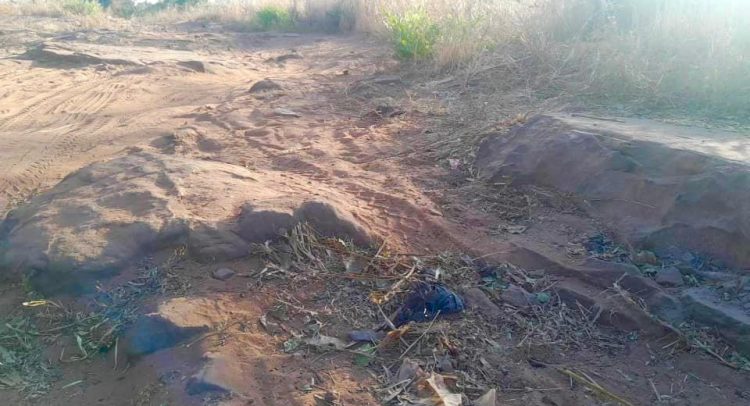
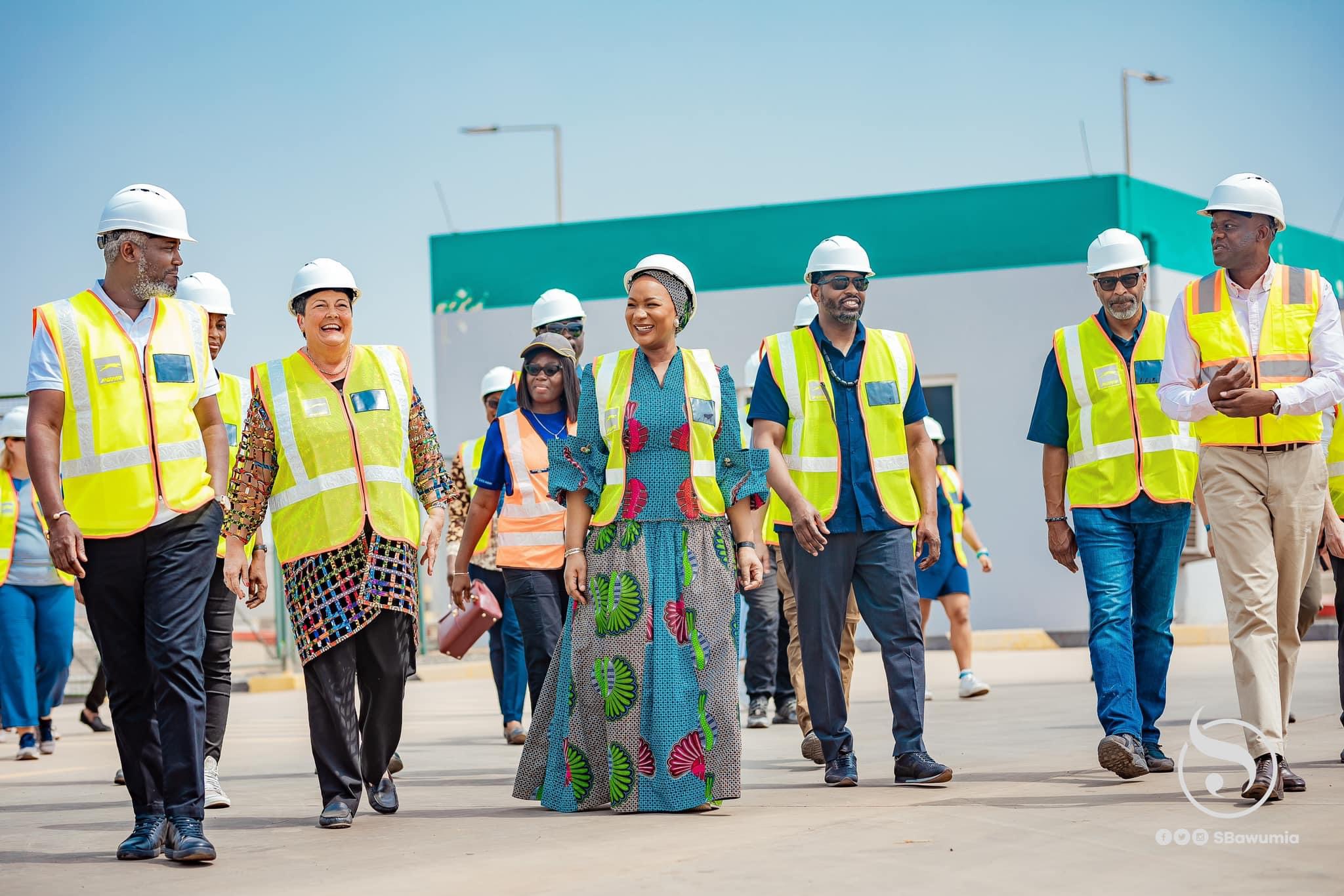

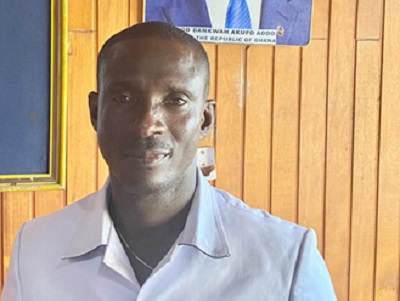
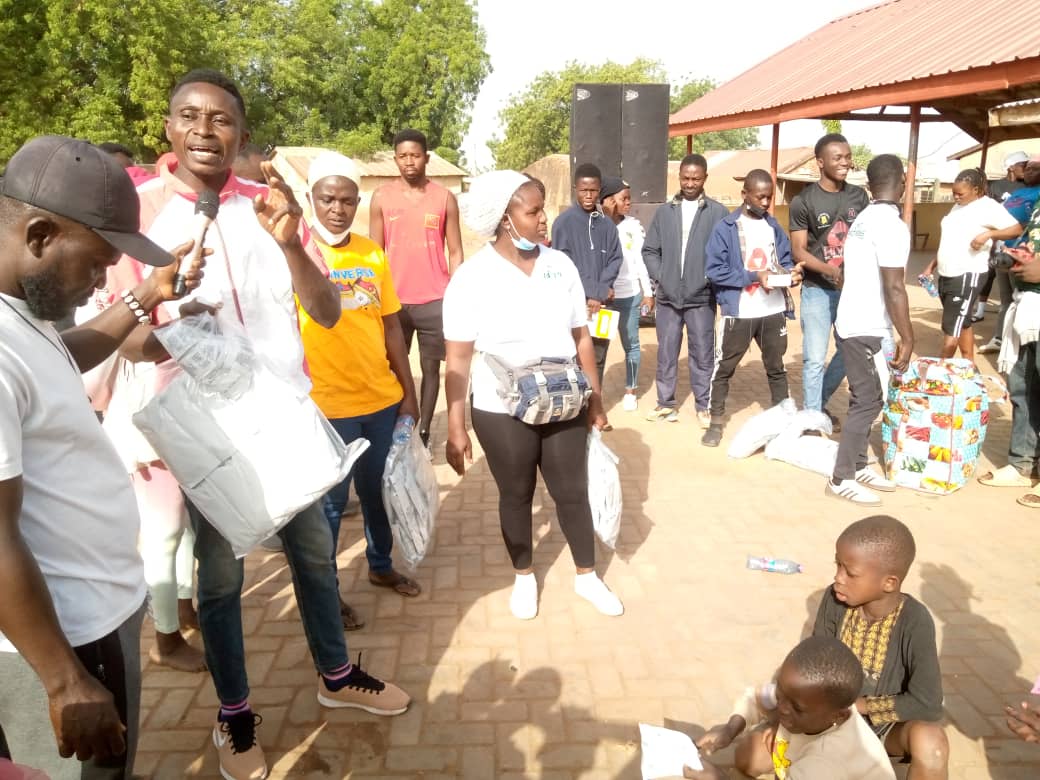

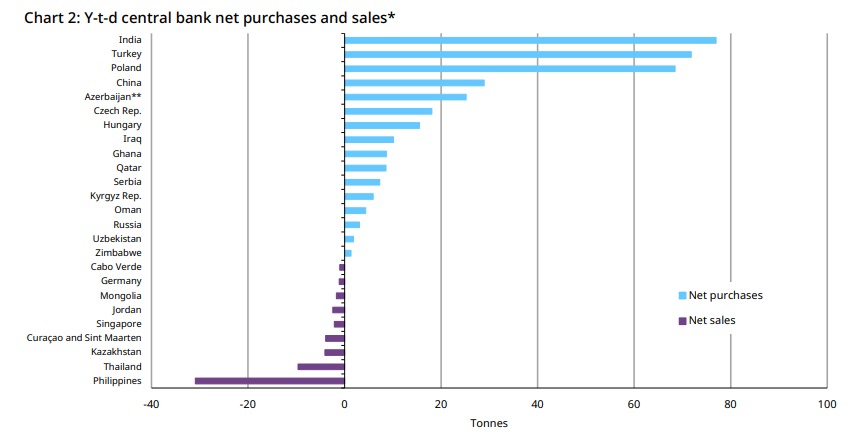






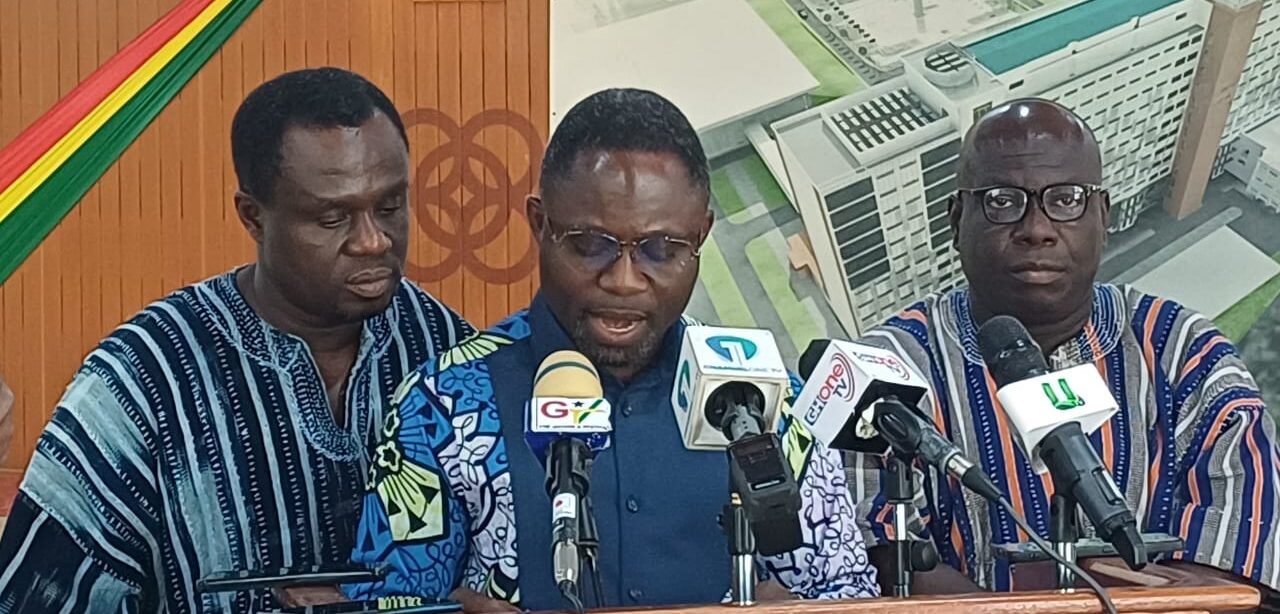

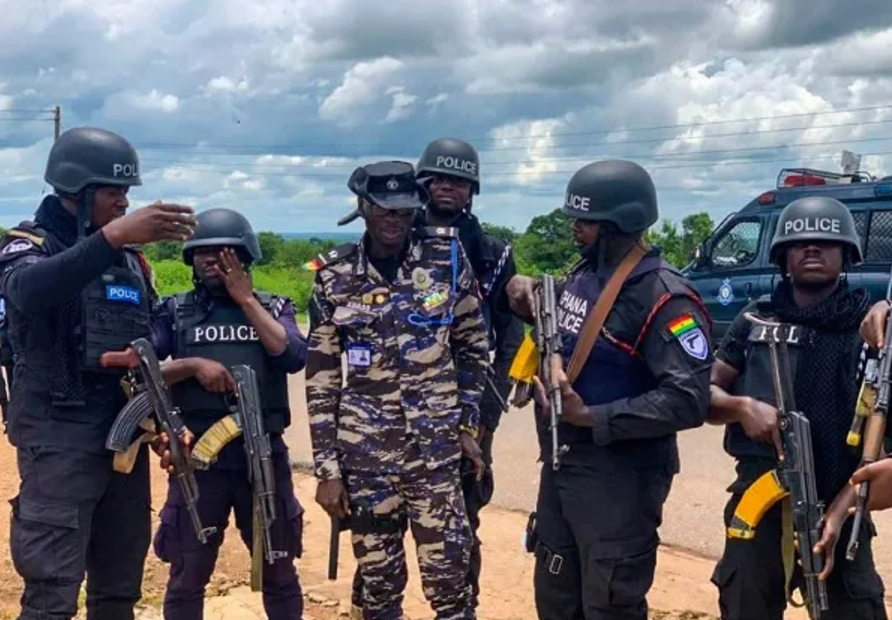

Facebook
Twitter
Pinterest
Instagram
Google+
YouTube
LinkedIn
RSS